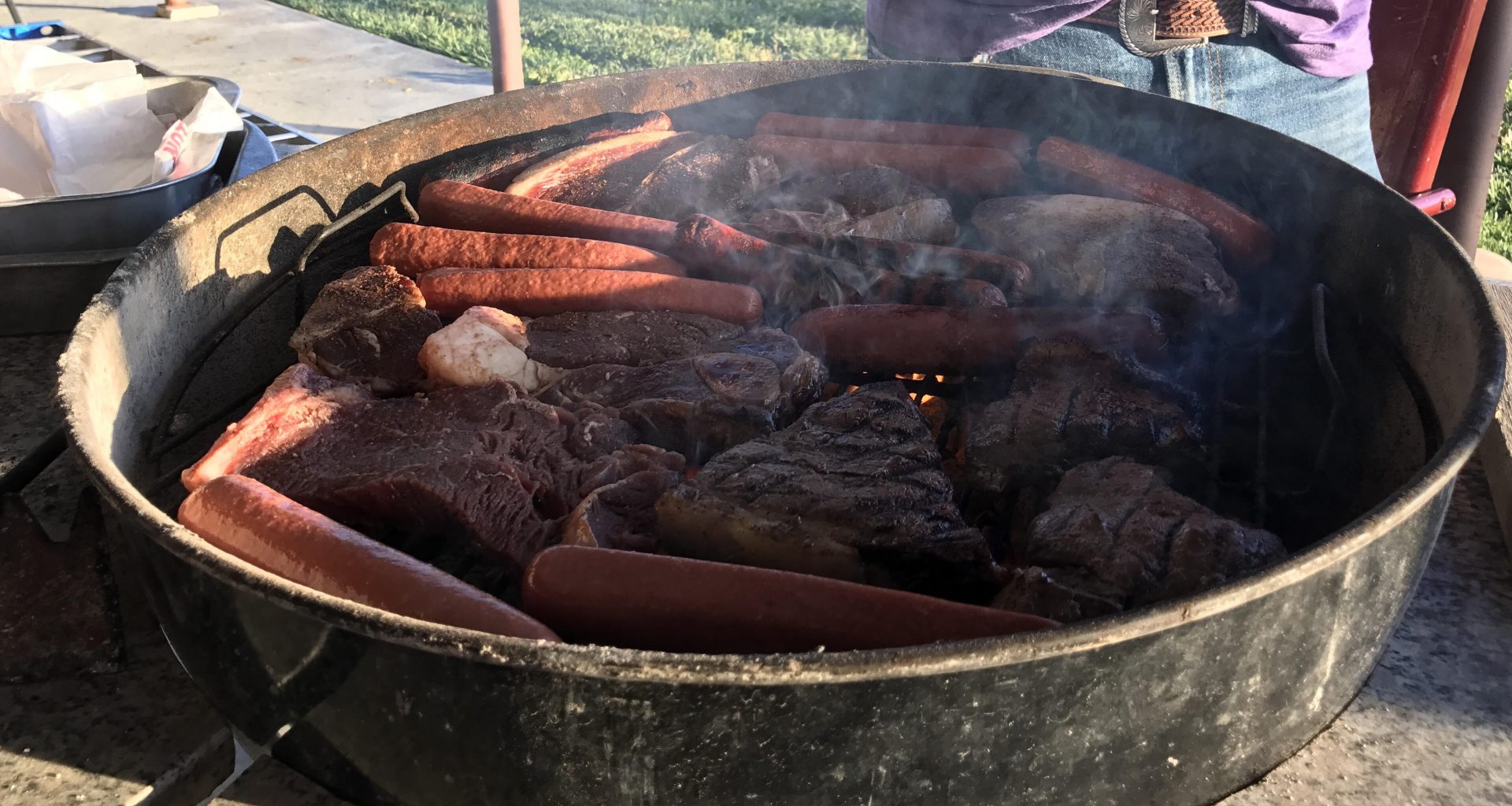(Radio Iowa) – Many Iowans love the distinctive taste of food that’s seared on the grill, and they’d likely prefer their Fourth of July cookouts be remembered for great steaks or burgers, not for people getting sick. Marisa Pruitt, registered dietician with the Gundersen Health System, says with summertime in full swing, it’s important to keep three grilling safety tips in mind. “The first one is to invest in a food thermometer. Really understand what temperature your food needs to be cooked to in order to avoid any pathogens that can cause foodborne illnesses,” Pruitt says. “The second one is to keep hot foods hot and cold foods cold, so generally above 140 degrees and below 40 degrees. And then the third one is, put food away after two hours, so don’t leave it sit out all day long.”
Some of your holiday guests might like their steak grilled rare or medium rare, but how can you tell if you’re cooking it long enough? “Certainly, eating any undercooked food can increase your risk for foodborne illness, so you do want to cook it to the appropriate temperature,” Pruitt says. “A quick Google search can let you know what temperature is appropriate for what food item you’re cooking, and every food item has a different point at which it’s considered safe to eat.” Is it healthier to grill out? Pruitt says that depends on what you’re grilling. 
“It’s all about quantity, frequency and then what else you’re serving it with,” Pruitt says. “So if you like a steak, eat a steak. If you like chicken, eat chicken, and if you like veggies grill up some veggies. It’s about balance. It’s about how often you’re eating those foods, what quantity you’re eating them in, so no one food is going to make or break it for you.”





